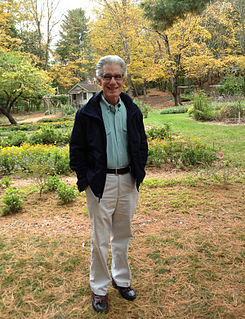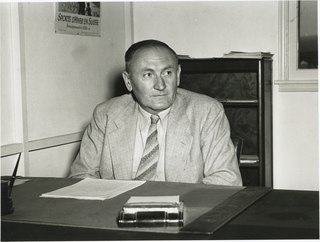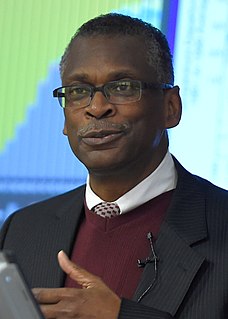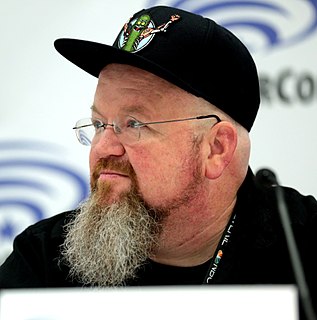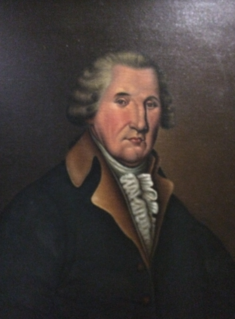A Quote by Trevor Paglen
I think that some of the earliest ideas in the modern period were actually from astronomy. You look at Galileo: He goes up and points his telescope up at Jupiter and finds out, hey, Jupiter has these moons.
Related Quotes
Throughout history, humankind has been resistant to change and to the acceptance of new ideas... When Galileo discovered the moons of Jupiter, the astronomers of that time refused to accept or even to look at these satellites because the existence of these moons conflicted with their accepted beliefs. So it is now with psychiatrists and other therapists, who refuse to examine and evaluate the considerable evidence being gathered about survival after bodily death and about past life memories. Their eyes are tightly shut.
Horace, in a particularly boastful mood, once said his verse would last as long as the vestal virgins kept going up the Capitoline Hill to worship at the temple of Jupiter. But Horace's poetry has lasted longer than Jupiter's religion, and Jupiter himself has only survived because he disappeared into literature.
We debase the richness of both nature and our own minds if we view the great pageant of our intellectual history as a compendium of new information leading from primal superstition to final exactitude. We know that the sun is hub of our little corner of the universe, and that ties of genealogy connect all living things on our planet, because these theories assemble and explain so much otherwise disparate and unrelated information not because Galileo trained his telescope on the moons of Jupiter or because Darwin took a ride on a Galápagos tortoise.
The chunks of comet Shoemaker-Levy 9 were so large, and were moving so fast, that each hit Jupiter with at least the equivalent energy of the dinosaur-killing collision between Earth and an asteroid 65 million years ago. Whatever damage Jupiter sustained, one thing is for sure: it's got no dinosaurs left.
That is a noble idea, though I think it far to generous," Jupiter said. "Once a decade should be sufficient." "I would rather be too generous than not in such cases." "As you wish." [One day, Atticus was amazed to discover that when Jupiter said, "As you wish," what he really meant was "I love you."]
I think it was because [Nikola] Tesla and [Leon] Theremin were part of what made up the movie, The Day the Earth Stood Still. Klaatu was actually a European among the Americans. And so the person who wrote the story said that Klaatu came from Europa, the fourth moon of Jupiter, which is now being investigated for life. There's water and ice on it and that kind of stuff.



